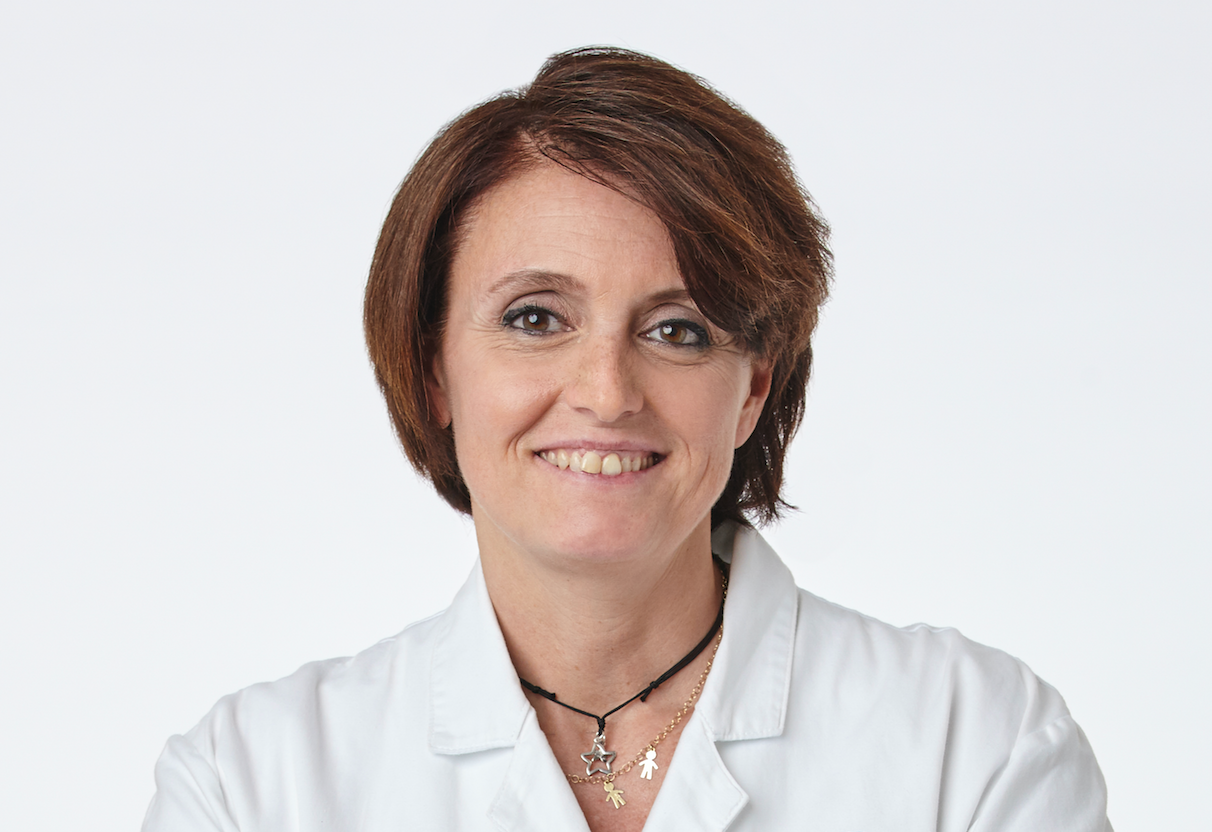IL-10-producing dendritic cell biology and their applications to control unwanted immune responses
The induction and maintenance of tolerance is a mechanism controlled by both the innate and adaptive branches of the immune system. The myeloid actors in the induction of peripheral tolerance are dendritic cells (DC), either at immature stage or specialized subsets, called tolerogenic DC (tolDC). TolDC control effector T cells and promote T regulatory cells (Tregs), which suppress immune system activation and avoid detrimental self-reactivity, preventing autoimmunity.
We focused our research on IL-10-secreting DC recently identified as the best-suited cells for DC-based therapies. We identify and characterized a subset of IL-10-prpducign DC, termed DC-10 as key player in the induction of IL-10-mediated tolerance and in the induction of T regulatory type 1 (Tr1) cells. The discovery that DC-10 are present in vivo, can modulate T-cell responses, induce Tr1 cells in vitro, and are associated with tolerance prompted us to postulate that DC-10 represent an important subset of naturally-occurring DC involved in tolerance in autoimmune disease. Thanks to the precise monitoring of DC-10 in the peripheral blood we demonstrated that low frequency and function of DC-10 is associated with autoimmune patients and inflammation. These results prompted the generation of IL-10-producing DC by lentiviral vector gene transfer for cell-based approaches to restore IL-10-mediated tolerance. We showed that engineered IL-10 DC are effective in modulating T cell responses and promoting antigen-specific Tr1 cells in vitro and in vivo. Our study will provide new insights into the tolerogenic role of DC-10 and will open new perspectives for IL- 10-producing DC cell therapy to re-establish tolerance in autoimmune diseases.

